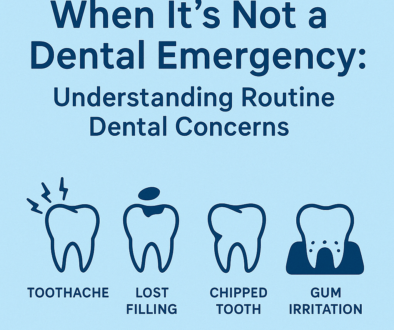How to Break Your Child’s Thumbsucking Habit
If you have landed on this, chances are you are almost on the brink of yanking out your hair because your child won’t stop sucking their thumb. Thumb sucking is a very common childhood activity that starts in the womb. It is a way in which a baby soothes. It may appear cute when they are newborns, but if your child is still sucking their thumb by the age of 3 or 4, then it’s time to act to break this habit.
Thumb sucking is classified as a parafunctional habit and can lead to significant oral and dental problems. But you probably know about that or have heard all the uncles and aunties give them their valuable feedback. Yet, nothing works. If this feels familiar, then take deep breaths, parents; it’s all fine; nothing to stress about, and you can do plenty to break this habit. This blog will shed light on our top 5 tips to help your child break the thumb-sucking habit.
Limit the time period and create self-awareness.
If your little one is a chronic thumb sucker, you cannot expect them to give it up suddenly. However, you can limit the time they spend sucking their thumb. For example, create a positive barrier. Ask them not to suck their thumb when they are outside or in public. Tell them they may do it at home but not when in public. Ask them to count the number of times they suck their thumb in a day. This is a way to create self-awareness in your child.
Positive reinforcement
Treat them with playtime, a visit to the park, or any other fun activity they like when they do not suck their thumb. Soon, they will start associating these happy times when they do not suck their thumb, eventually motivating them to leave this habit.
Identify triggers
Infants and toddlers suck their thumbs to self-soothe. You even have an ultrasound picture of your little one sucking their thumb while in the womb. This is a completely natural habit. If your little one is sucking their thumb, there may be some stress which is causing them to self-soothe. It is often a great idea to identify these triggers and take active measures to eliminate these triggers. Once the stress factor is taken care of and they learn a better way to manage it, they will be less likely to suck their thumb.
Have a healthy conversation.
If your little one is still thumb-sucking at the age of 3-4, you can have a grown-up conversation with them. Gently sit them down, and explain to them in a calm but assuring voice why thumb sucking is harmful to them. They will respond well but may not give it up entirely in one go. You have to be a little patient here. Reinforce this information and try again.
Take a trip to the dental office.
Hearing the ill effects of thumb sucking from a dentist almost always has a more significant impact. So, if nothing else works, bring your little one to our office in Huntsville, AL.
In cases of long-standing thumb-sucking history, we may even advise a tongue crib appliance which will make this activity unpleasant for your child, and slowly they will stop it.
We hope this blog was helpful; if you have any more questions or wish to schedule an appointment, please reach out to us. Our team of excellent dental professionals at Valleywide dental, Huntsville, is here to assist you and your family in brilliant oral health.




